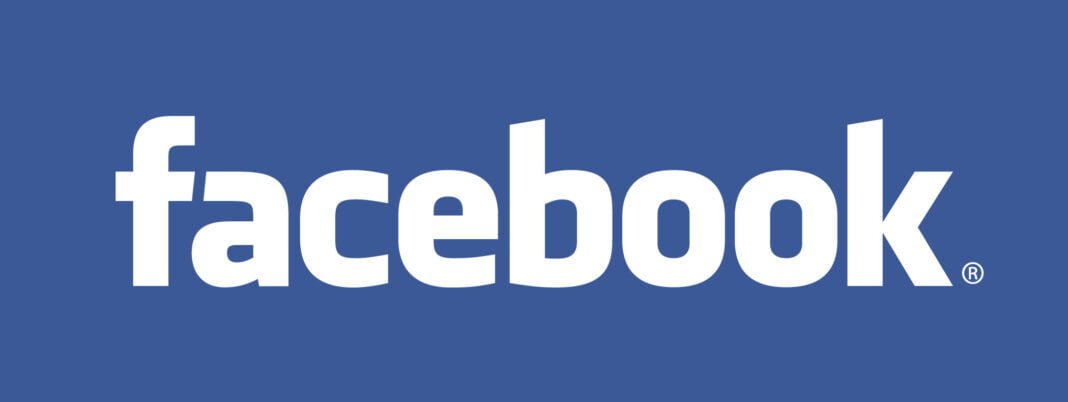Between January and March 2024, Facebook, under its parent company Meta, reported the removal of 631 million fake accounts from its platform. This staggering figure represents a significant portion of the platform’s user base and raises critical questions about the authenticity of the data Facebook has presented to the public, shareholders, and advertisers over the years.
The Extent of the Problem
Facebook’s battle with fake accounts is not new. Over the past years, the platform has consistently reported the removal of hundreds of millions of fake accounts each quarter. For instance, in the last quarter of 2023, the company took action against 690 million fake accounts. These numbers underscore the ongoing challenge Facebook faces in maintaining the integrity of its user base.
Fake accounts can be created for various malicious purposes, including spreading misinformation, conducting scams, and manipulating public opinion. The persistence and scale of these fake accounts indicate sophisticated and widespread efforts to exploit the platform’s reach.
Impact on Advertisers
One of the most significant impacts of the prevalence of fake accounts is on advertisers. Companies invest heavily in Facebook advertising, expecting to reach real, potential customers. However, the presence of fake accounts inflates user metrics, leading advertisers to potentially overestimate the reach and effectiveness of their campaigns. This scenario not only undermines advertisers’ trust in the platform but could also be considered a form of fraud if these advertisers are paying for interactions and impressions that are not genuinely valuable.
Advertisers rely on accurate data to make informed decisions about their marketing strategies. If a substantial portion of the reported user base consists of fake accounts, it skews the performance metrics and insights that businesses depend on. This discrepancy can lead to misallocated marketing budgets and less effective advertising strategies.
Shareholder Concerns
For shareholders, the revelation of such high numbers of fake accounts can be alarming. It raises concerns about the accuracy of the user data that Facebook has historically reported. User growth and engagement metrics are critical factors that influence investor confidence and stock prices. If these metrics are inflated by the presence of fake accounts, it calls into question the company’s valuation and its future growth prospects.
In the financial realm, transparency and accuracy are paramount. Companies that fail to provide a truthful representation of their operations risk losing investor trust. For a company like Facebook, which has faced numerous controversies over the years, maintaining credibility with shareholders is crucial.
Public Trust and Regulatory Scrutiny
The general public also has a stake in the authenticity of social media platforms. Trust in Facebook has been eroded by various scandals, including data privacy issues and the spread of misinformation. The high number of fake accounts further damages this trust, suggesting that the platform is more vulnerable to exploitation than users might have believed.
Regulators are increasingly scrutinizing social media companies for their role in protecting user data and preventing abuse of their platforms. The scale of fake accounts on Facebook could prompt more rigorous regulatory actions and demands for greater transparency in how the company detects and removes these accounts.
Facebook’s Response
Facebook has invested heavily in machine learning and artificial intelligence to detect and remove fake accounts. The company claims that a significant majority of fake accounts are removed before they can engage with other users. Despite these efforts, the sheer number of fake accounts that slip through the cracks indicates that the challenge is far from being resolved.
To address these issues, Facebook has been publishing transparency reports that detail the number of fake accounts removed and the steps taken to combat them. These reports are part of the company’s efforts to rebuild trust with users, advertisers, and shareholders. However, the effectiveness of these measures is still under scrutiny.
Moving Forward
For Facebook to restore and maintain trust, it must continue to improve its detection and removal processes for fake accounts. This effort includes not only technological advancements but also stronger policies and possibly more stringent verification processes for new accounts. Additionally, being transparent about the challenges and the measures taken to address them can help rebuild confidence among all stakeholders.
For advertisers, it’s crucial to stay informed about the ongoing efforts to ensure the authenticity of the platform’s user base. They should demand transparency from Facebook regarding the composition of the audience their ads are reaching. Moreover, diversifying advertising strategies to include multiple platforms can mitigate the risk associated with potential discrepancies on any single platform.
Let’s Wrap It Up…
The removal of 631 million fake accounts from Facebook in just three months highlights a significant issue that has far-reaching implications for the platform’s integrity. This ongoing challenge affects not only Facebook’s reputation but also the trust of advertisers, shareholders, and users. By continuing to enhance its detection methods and being transparent about its efforts, Facebook can work towards regaining the trust and credibility it needs to sustain its position as a leading social media platform.



